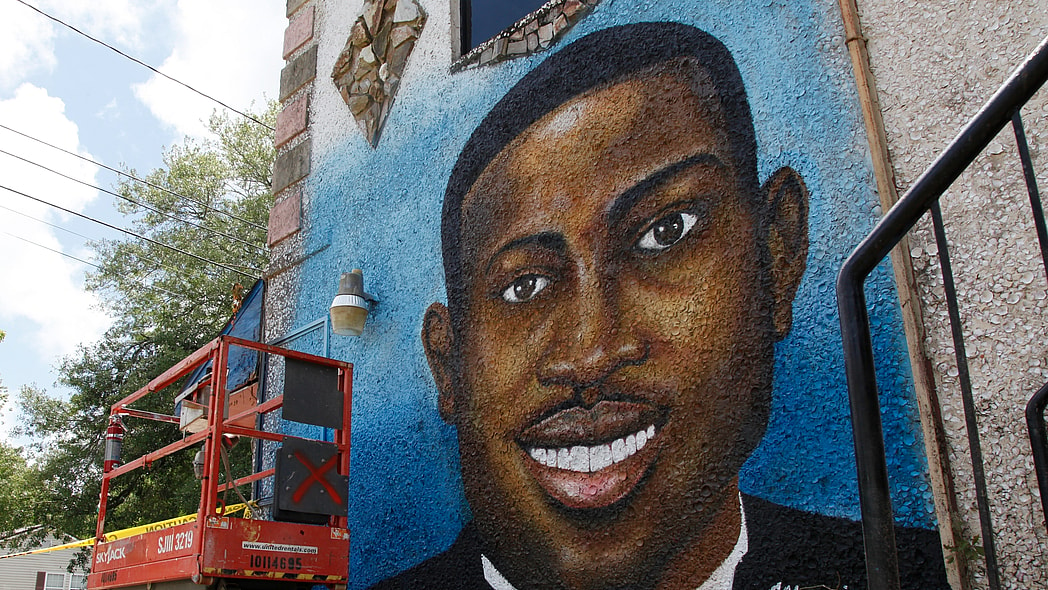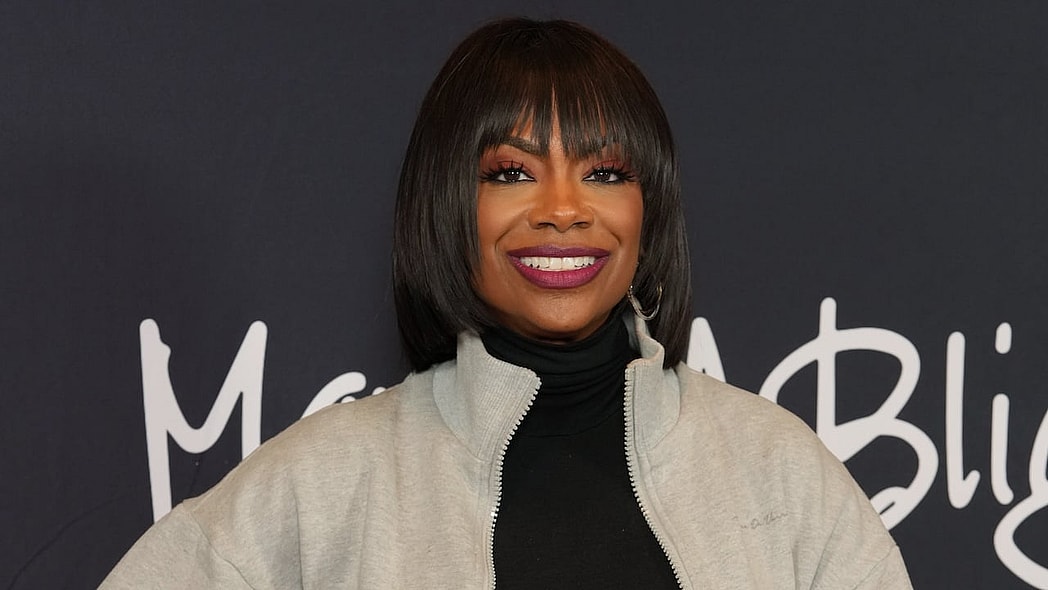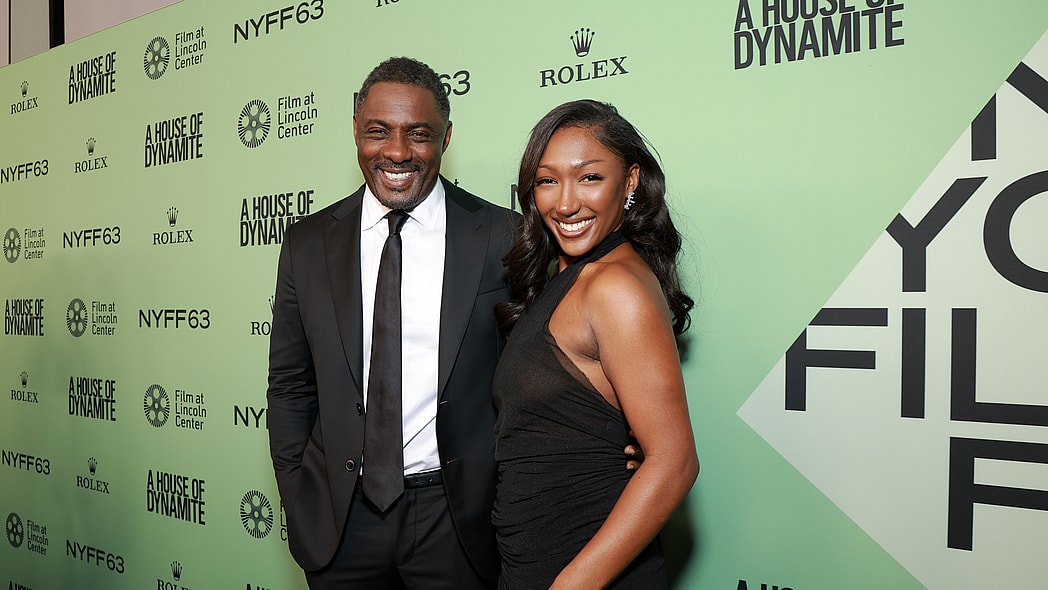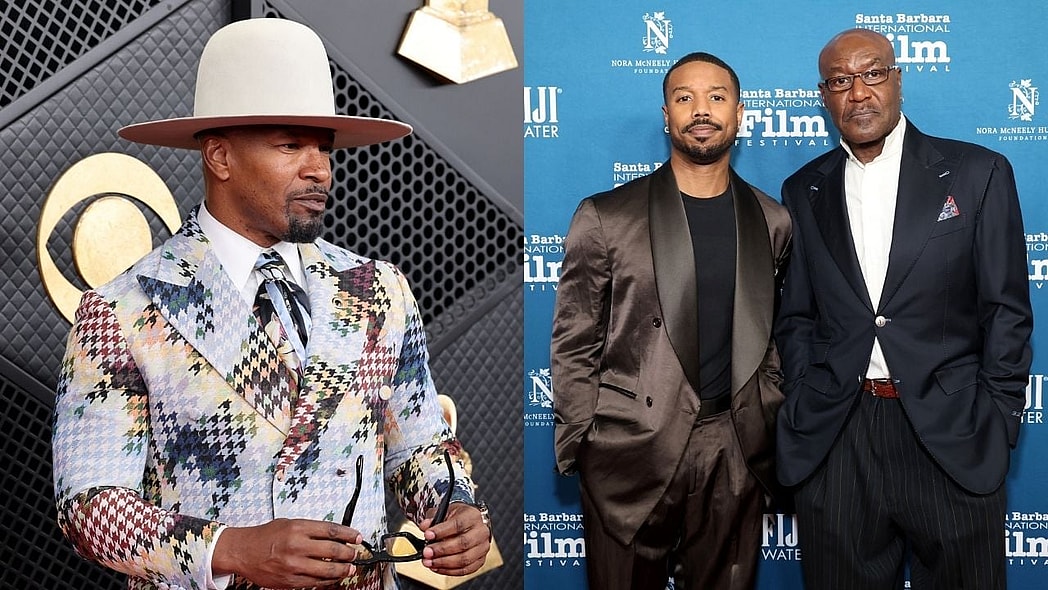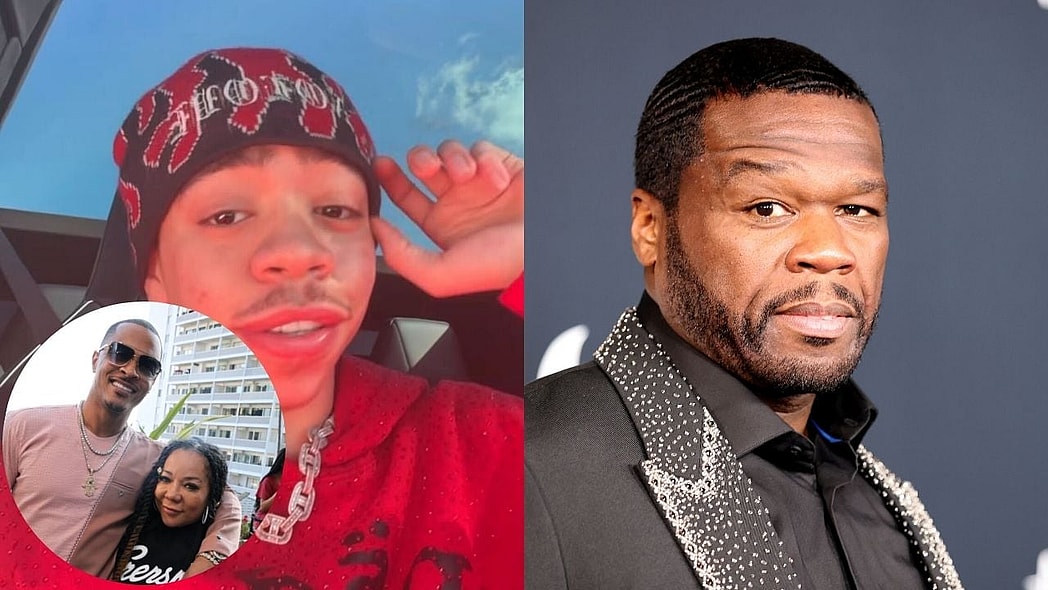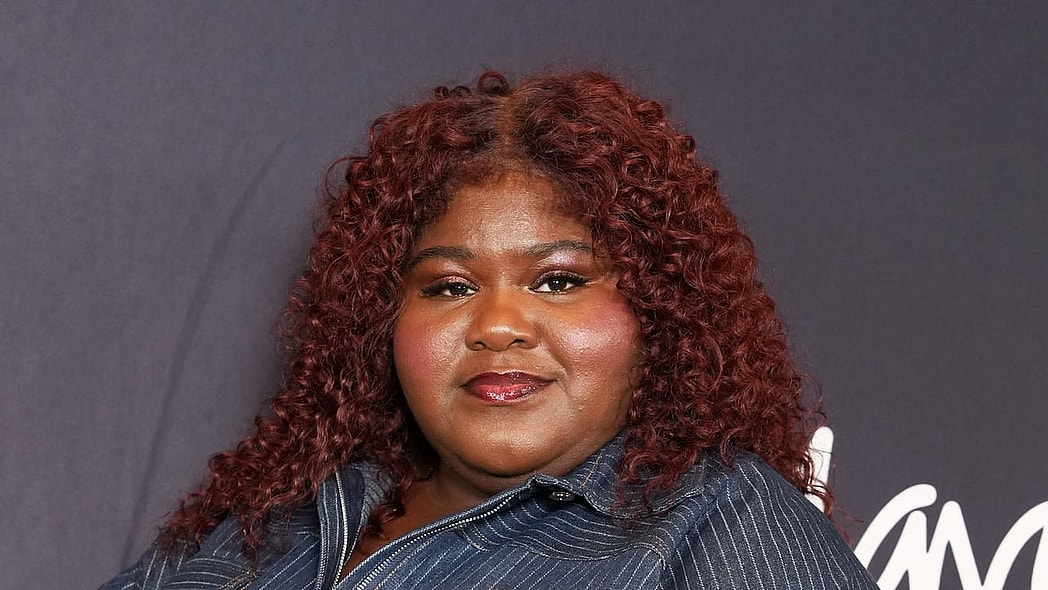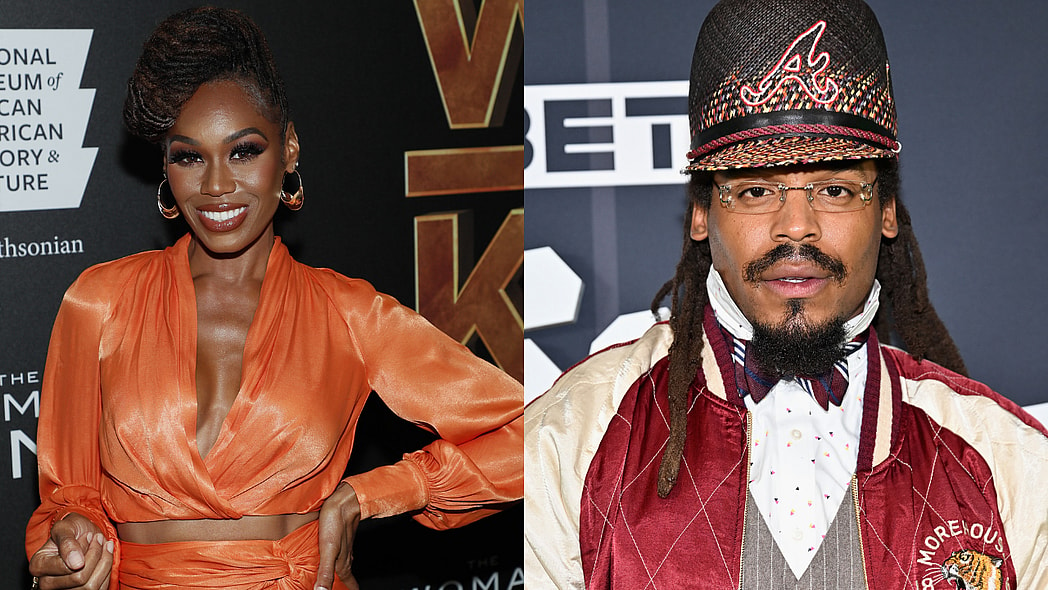Editor’s note: The following article is an op-ed, and the views expressed are the author’s own. Read more opinions on theGrio.
There are currently only a handful of hip-hop artists for whom the news that they dropped a song would make me drop what I was doing to go check it out. As it turns out, J. Cole is one of those artists. While I was in the middle of watching an episode of season 7 of “Love Is Blind,” I saw an Instagram post that pointed out that J. Cole had a new song out, titled “Port Antonio.” I had no idea what the song might be about and had no idea if the song’s title is a reference to Jamaica — I googled Port Antonio, of course — or if Cole was being creative and coy, but in my heart, I figured there’d be some reference to the beef that J. Cole famously ignited and then pulled out in one of the most sincere and surprising moments, arguably, in hip-hop history.
I am in no way about to rehash the whole thing, but in October 2023, Drake dropped his album “For All The Dogs” that featured the song “First Person Shooter” with J. Cole who made it a point to refer to himself, Kendrick and Drake as rap’s “Big 3,” a reference to the era in the NBA that consisted of several teams that included three superstar-level talents in an effort to win an NBA championship. Anywho, in March and on through the summer of 2024, we came to find out that Kendrick is selfish and wants the throne for himself but more importantly that he hates Drake. Literally.
J. Cole dropped one record titled “7 Minute Drill” from his April 2024 “Might Delete Later” mixtape (which he didn’t delete, but “7 Minute Drill” is no longer available on streaming platforms) in response to Kendrick’s verse on the song “Like That” from Metro Boomin and Future’s album, “We Don’t Trust You.” But then in the most unlikely scenario of all time, at his Dreamville Festival in Fayetteville, North Carolina, J. Cole famously bowed out of the beef with the realest and most sincere statement and apology to his fans (and Kendrick Lamar) for taking a shot he didn’t really mean in the name of hip-hop and battle. Listen, whether you love or hate J. Cole, you have to respect him for having the strength to get up on stage (and the world, really) and acknowledge that dropping that record directed at Kendrick didn’t sit right with his spirit and that he was gracefully bowing out of that situation. Even rewatching him speak, I had to put my fist up in the air for bro.
Lifestyle
After that, we pretty much all agreed he made the right decision because that beef went so far left that Cole was out here looking like a genius. But that still didn’t stop people from speaking about him negatively — people don’t just say “my bad” in hip-hop, they die on hills they built out of a sense of pride.
In “Port Antonio,” J. Cole puts that statement plus some to a beat. Over the same sample of Lonnie Liston Smith’s “A Garden of Peace” that Jay-Z used for the song “Dead Presidents” as well as vocal overlays from a sped-up sample of Cleo Sol’s “Know That You Are Loved” from her absolutely classic “Mother” album, J. Cole speaks in the first verse about his upbringing and how he got to rap stardom. The second verse is the one that will be spoken about and focused upon by hip-hop and J. Cole media.
I’ve said it before and I’ll say it again: Introspective J. Cole is easily one of the best rappers to ever do it in any era, of all time. His pen game feels effortless when he is explaining and analyzing a thing. That’s what this second verse does; he points out the hypocrisy of social media’s thirst for blood, even though he “started” the whole thing and how his relationships are more important than proving, again, how great he is at this rap thing. Cole has leaned into his bigger purpose and the legacy he’s chasing, and if that means some folks can’t be along for the ride because of his choice to stay above the fray, then so be it. That level of maturity is admirable if nothing else.
There are a few bars that speak directly to that maturity that are worthy of highlighting:
My dawg texted me, I’ll share the words he said to me
“If you refuse to shoot the gun, don’t mean the gun ain’t deadly,” uh
I guess in that metaphor, hypothetically, the gun is me
I text him back like, “Guess a gun ain’t what I’m tryna be …”
That level of understanding of purpose is essential to determining who you are versus who you want to be in any place in which you take up space. Shouts out to J. Cole for realizing that.
As a hip-hop fan, and one who grew up in the ’90s, I wanted J. Cole to come out guns blazin’ when Kendrick drew his line in the sand earlier this year, but this version of Cole that emerged is the one I’m most interested in hearing from. Rarely have I been anticipating a J. Cole album release; I think J. Cole is one of the best rappers ever, but I also think his albums haven’t fully displayed that potential. Some folks think I’m crazy; maybe I am. But after his spring and now this song, I’m very much looking forward to what he alleges will be his final album, “The Fall Off,” an ironic title because as “Port Antonio” demonstrates, no matter the circumstance, the one thing Cole can’t do, is fall off.

Panama Jackson is a columnist at theGrio and host of the award-winning podcast, “Dear Culture” on theGrio Black Podcast Network. He writes very Black things, drinks very brown liquors, and is pretty fly for a light guy. His biggest accomplishment to date coincides with his Blackest accomplishment to date in that he received a phone call from Oprah Winfrey after she read one of his pieces (biggest) but he didn’t answer the phone because the caller ID said “Unknown” (Blackest).


